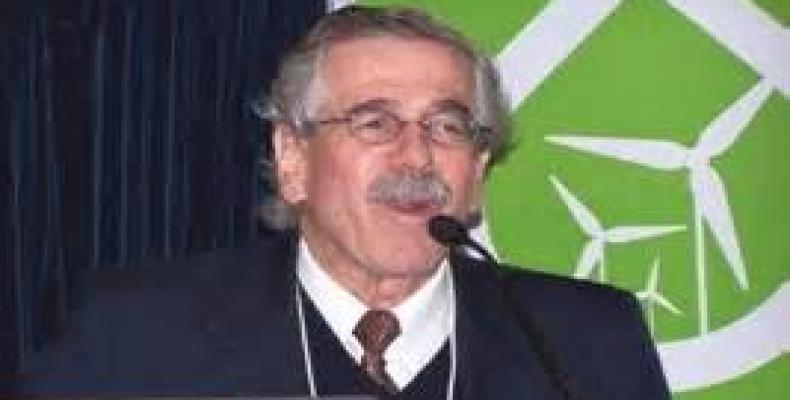Lima, February 18 (RHC-teleSUR) -- Fernando Villarán, Political Analyst and Dean at University Antonio Ruiz de Montoya, stated Tuesday that the political climate in Peru has become favorable for an increase in the minimum wage. Political leaders openly support it and they are responding to a general sense that such is the will of the majority of citizens. President Ollanta Humala proposed an increase in the minimum wage Feb. 9 starting the second half of 2015.
The salaries of close to 50 percent of Peruvians are tied to the minimum wage so an increase will be widely felt. Following Keynesian economics, the idea is also that with such an increase, internal consumption will rise and this will help reverse the slowing economic growth.
The country at the moment has one of the lowest minimum wages in the region, approximately $250 dollars per month, and estimates suggest you need twice that to be able to support a family. Many Peruvian citizens support such estimates. For example, Adela Valdo states that “with this minimum wage you have to work on the side. I wash clothes or even cook somewhere, so that I can survive." Similarly resident, Miguel Garcia explains that “to cover the expenses, I have to work extra hours and do little jobs on Saturdays and Sundays. You have to do it or else you don't have enough."
Villarán also states that the change in the political atmosphere in support of raising the minimum wage was due to the new youth labor movement that has been taking to the streets of Lima with a series of protests.
Such change has reduced the political power of business associations that were able to set the economic agenda before. Currently, most political forces in Congress claim to support the move by the executive branch to raise the minimum wage even though large business associations oppose it.


